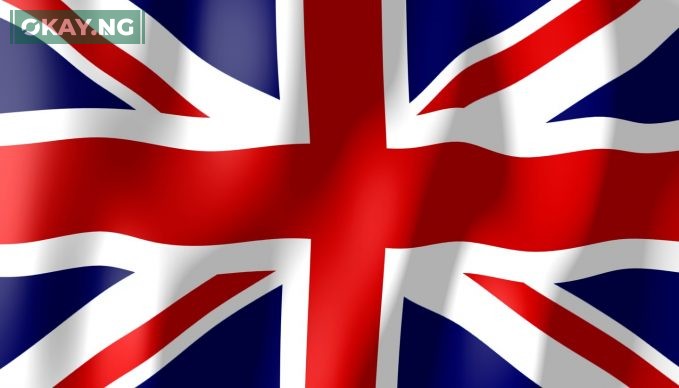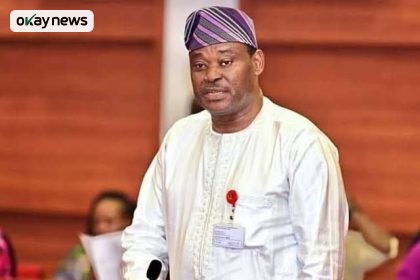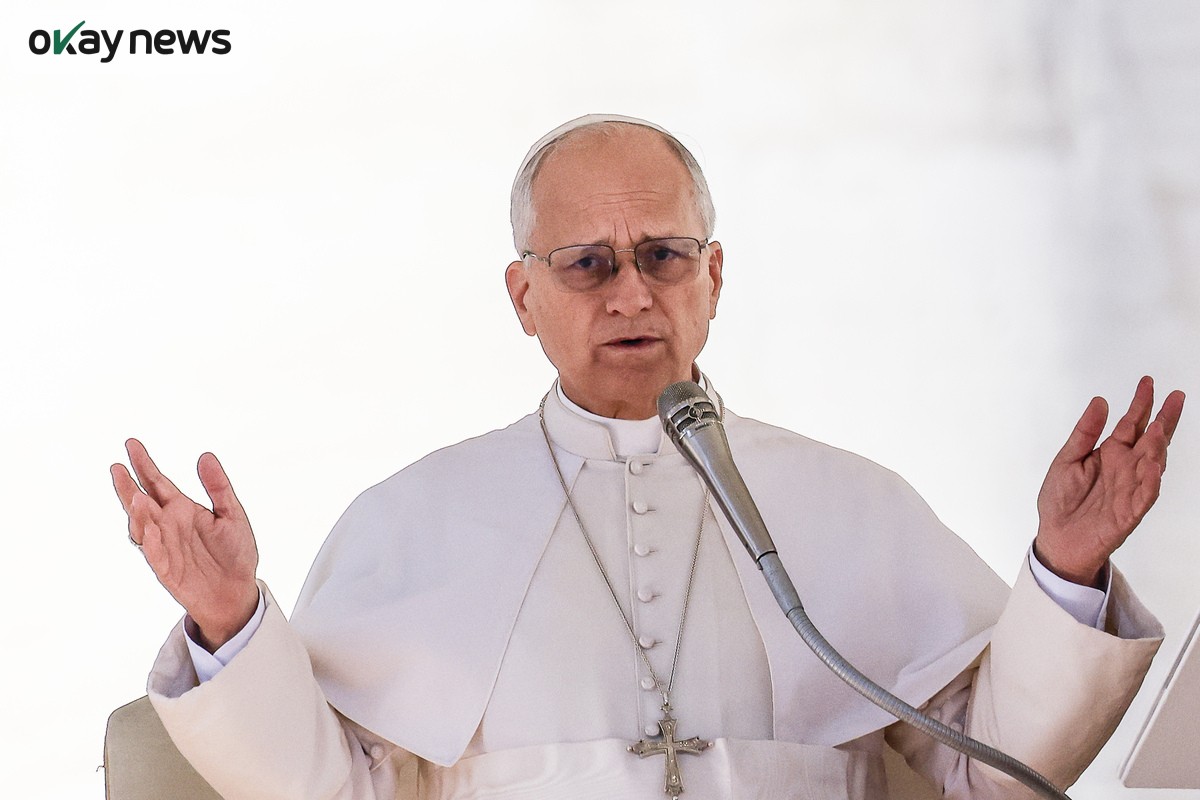The United Kingdom’s economic growth ground to a halt in July, with the latest data from the Office for National Statistics (ONS) showing no change in Gross Domestic Product (GDP). The stagnation coincided with one of the most politically challenging weeks yet for Prime Minister Keir Starmer.
According to the ONS, July’s flat GDP followed a modest 0.4 percent expansion in June. Analysts said that while the figure matched market expectations, it underscored the fragile state of the British economy. A sharp 1.3 percent fall in industrial production counterbalanced growth in services and construction.
The government’s challenges are not limited to the economy. In the same week, Deputy Prime Minister Angela Rayner resigned after revelations of underpaid property tax. Days later, Prime Minister Starmer dismissed Peter Mandelson, the United Kingdom’s Ambassador to the United States, over fresh scrutiny of his ties with convicted sex offender Jeffrey Epstein.
“We know there’s more to do to boost growth, because, whilst our economy isn’t broken, it does feel stuck,” a Treasury spokesperson admitted in a statement on Friday.
Paul Dales, Chief UK Economist at Capital Economics, observed: “The stagnation in real GDP in July shows that the economy is still struggling to gain decent momentum in the face of the drag from previous hikes in taxes and possible further tax rises to come in the budget.”
The Labour government will now look ahead to its annual budget announcement in late November, where it faces increasing pressure to demonstrate a clear plan for stimulating growth amid political and economic uncertainty.
okay.ng reports that economists believe fiscal policy adjustments will be crucial for avoiding a prolonged period of stagnation as Britain navigates weak productivity, tax pressures, and fragile investor confidence.







